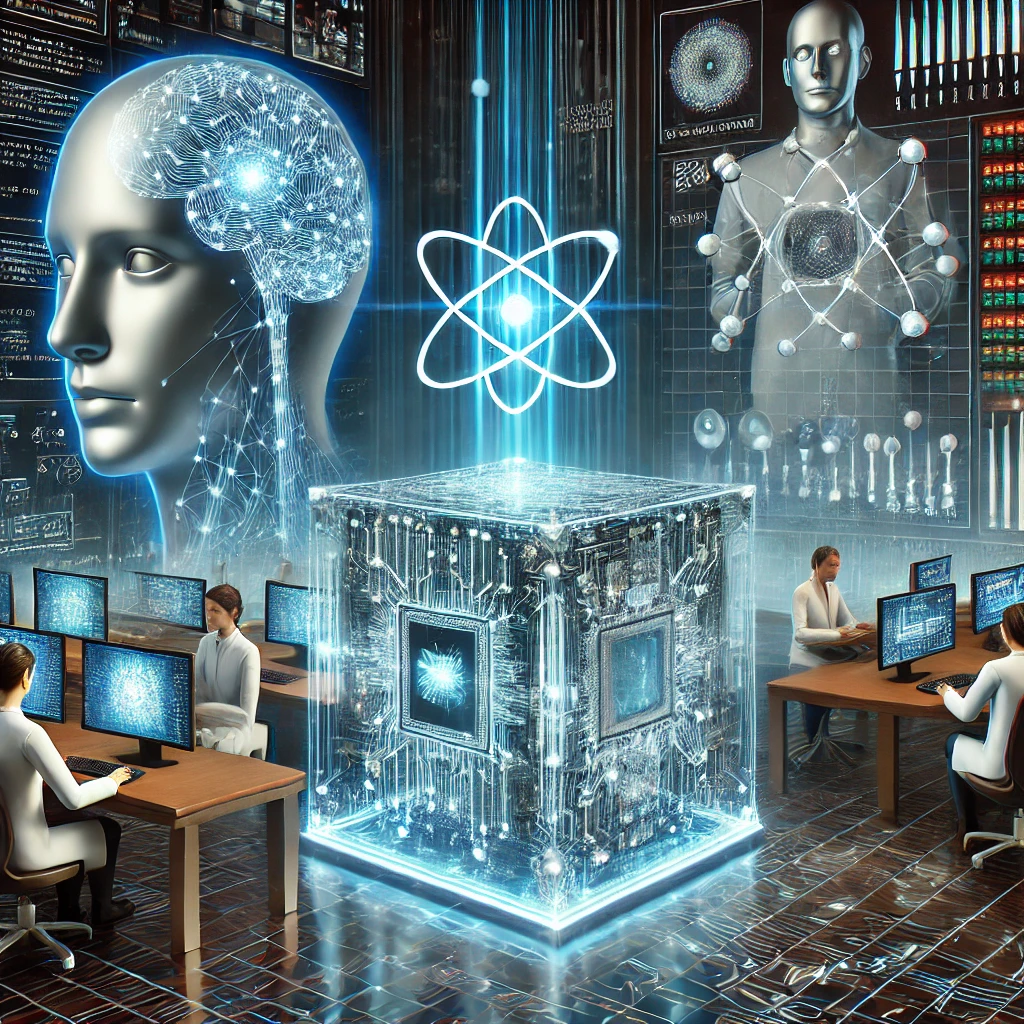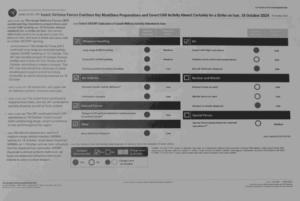Quantum Computing 2024: Current State, Advancements, and Challenges
Quantum computing has been hailed as the next frontier in technological advancements. With its potential to revolutionize various fields, from cryptography to drug discovery, the excitement surrounding quantum computers is palpable. However, as of 2024, practical applications remain elusive, and significant challenges persist. This article delves into the current state of quantum computing, recent advancements, and the hurdles that still need to be overcome.
Table of Contents
The Birth of Quantum Computing: An Overview
Quantum computing leverages the principles of quantum mechanics to perform computations far more efficiently than classical computers. Unlike classical bits, which represent data as 0s or 1s, quantum bits, or qubits, can exist in multiple states simultaneously due to superposition. This unique property allows quantum computers to process a vast number of possibilities at once, potentially solving complex problems much faster than classical computers.
QuanDoom: A Quantum Experiment
One intriguing demonstration of quantum computing’s potential is the creation of QuanDoom, a version of the classic game Doom, adapted to run as if on a quantum computer. Created by quantum computing researcher Luke Mortimer from Barcelona, QuanDoom showcases the capabilities and limitations of current quantum technology. Although it runs on a simulator called the QASM simulator rather than a real quantum computer, the experiment highlights the immense computational requirements of quantum applications—72,000 qubits and 80 million gates, far beyond the capabilities of today’s quantum machines.
The State of Quantum Computing
Quantum Supremacy: A Controversial Claim
In 2019, Google announced that it had achieved quantum supremacy, meaning its quantum computer could solve a problem faster than the best classical computers. However, this claim was met with skepticism. Researchers quickly developed new algorithms enabling classical computers to perform the same tasks more efficiently, debunking the notion of quantum supremacy. This back-and-forth underscores the ongoing competition between classical and quantum computing technologies.
Challenges in Quantum Computing
1. Decoherence
One of the most significant challenges in quantum computing is decoherence. Qubits are extremely sensitive to their environment, and even the slightest disturbance can cause errors, disrupting quantum computations. Maintaining quantum entanglement, where qubits are interlinked and affect each other’s states, is crucial for quantum operations. However, achieving and preserving this entanglement in large-scale quantum computers remains a formidable task.

2. Practical Applications
Despite their theoretical prowess, quantum computers have yet to demonstrate practical applications that outperform classical computers in real-world scenarios. One promising area is boson sampling, which involves measuring photons using mirrors and lasers. While quantum computers excel at this task, it currently lacks practical applications. Efforts to apply quantum computing to fields like deep learning, artificial intelligence, and particle physics have yet to yield significant breakthroughs.
Recent Advancements
Quantum Internet
Researchers from the Leibniz University Hannover recently made strides towards developing a quantum internet. By combining quantum and classical information transmitted through optical fibers, they demonstrated an ultra-secure communication method. This quantum internet would be virtually hack-proof, as any eavesdropping attempt would disrupt the quantum entanglement, alerting the communicating parties.
Single-Photon Quantum Computer
A breakthrough in quantum computing comes from the National Tsing Hua University in Taiwan, where researchers developed a single-photon quantum computer. Utilizing Shor’s algorithm, which factors integers into prime numbers, this tiny quantum computer operates at room temperature. Although still in the proof-of-concept stage, this advancement showcases the potential for more stable and practical quantum computers.
Potential Applications of Quantum Computing
While current applications are limited, quantum computing holds promise in several areas:
1. Cryptography
Quantum computers could revolutionize cryptography by breaking existing encryption methods. For instance, RSA encryption relies on the difficulty of factoring large integers, a task that quantum computers could perform efficiently. This potential capability has significant implications for data security and privacy.
2. Drug Discovery and Material Science
Quantum computing could accelerate drug discovery and material science by simulating molecular interactions at an unprecedented level of detail. This capability could lead to the development of new medications and materials with enhanced properties.
3. Optimization Problems
Quantum computers excel at solving complex optimization problems, such as optimizing supply chains, financial portfolios, and logistical operations. These applications could significantly improve efficiency in various industries.
Statistical Table
| Year | Major Milestone | Description | Impact |
|---|---|---|---|
| 2019 | Google claims quantum supremacy | Google announces its quantum computer outperforms classical computers for specific tasks | Controversial claim, sparked debate |
| 2020 | IBM’s Quantum System One | IBM unveils a 20-qubit quantum computer | Demonstrates quantum capabilities, but practical use limited |
| 2022 | Leibniz University Hannover’s Quantum Internet | Researchers combine quantum and classical information in optical fibers | Advances secure communication |
| 2023 | National Tsing Hua University’s Single-Photon Quantum Computer | Development of a room-temperature quantum computer using a single photon | Proof-of-concept for practical quantum computing |
Conclusion
Quantum computing remains an exciting yet challenging field. While significant progress has been made, practical applications are still on the horizon. Decoherence and the lack of real-world use cases are major hurdles. However, advancements in quantum internet and single-photon quantum computers offer a glimpse into the potential future of this technology. As research continues, the promise of quantum computing could one day become a reality, transforming industries and revolutionizing technology.
Quantum computing is an evolving field that continues to challenge our understanding of computation and physics. Stay tuned for more updates as researchers push the boundaries of what is possible with quantum technology.
FAQs
Q1: What is quantum supremacy?
A: Quantum supremacy refers to the point at which a quantum computer can perform a task that no classical computer can complete in a reasonable time. Google’s 2019 claim of achieving quantum supremacy has been disputed, highlighting the ongoing debate in the field.
Q2: What are qubits?
A: Qubits, or quantum bits, are the basic units of quantum information. Unlike classical bits, which are either 0 or 1, qubits can be in a state of 0, 1, or both simultaneously due to the principle of superposition.
Q3: What is decoherence?
A: Decoherence is the loss of quantum coherence, where qubits lose their quantum properties due to interactions with their environment. This is a significant challenge in maintaining the stability of quantum computations.
Q4: What are the current practical applications of quantum computing?
A: As of now, practical applications are limited. Potential areas include cryptography, drug discovery, material science, and optimization problems, but significant advancements are needed to realize these applications.
Q5: How secure is the quantum internet?
A: The quantum internet promises unprecedented security. Any attempt to intercept quantum communication disrupts the entanglement, alerting the communicating parties to the presence of an eavesdropper.














Post Comment